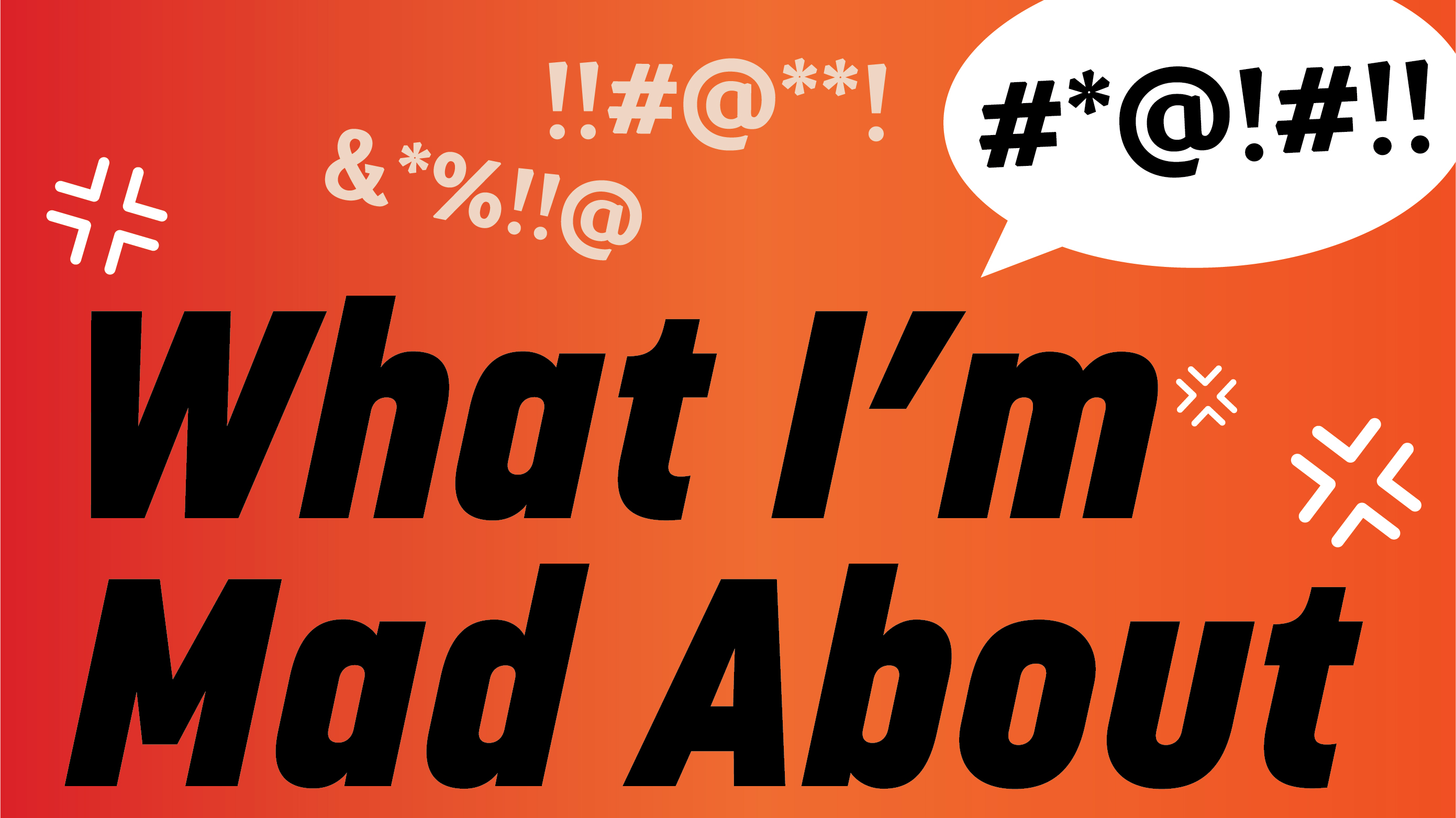
The negative impact of multitasking
By: Kayla Hunt, Columnist
I feel as though social media is more so a means of distraction or escape, rather than a form of procrastination.
According to Google, procrastination is defined as “the action of delaying or postponing something.” I do not intentionally delay doing my work because I’d rather be on social media.
I frequently check social media while doing assignments, and I believe it to be a distraction.
I have even taken measures such as deleting social media apps for a period of time, and it actually made me complete the work that I needed to get done in a shorter time span.
I think this follows the saying “out of sight, out of mind.” If the apps are not on your phone, then you are less likely to be distracted.
In the NBC column “Students can’t resist distraction for two minutes … and neither can you,” columnist Bob Sullivan explained that students check their phones about every two minutes.
Sullivan continued to explain through testimonials of brain scientists that students continuously check social media because they overestimate their ability to multitask.
The columnist inferred that multitasking doesn’t exist. People who believe that they are great multitaskers are just constantly switching their attention back and forth between tasks.
This column also explained that it takes students longer to complete assignments when they are constantly task-switching because it wears out the brain.
Social media has been popularly mistaken as a form of procrastination because it takes students longer to complete assignments.
I feel as though social media is an outlet that students use, not only in their down time, but also when they have work to get done.
All that comes from the constant task-switching is that it takes students longer completing their assignments.

